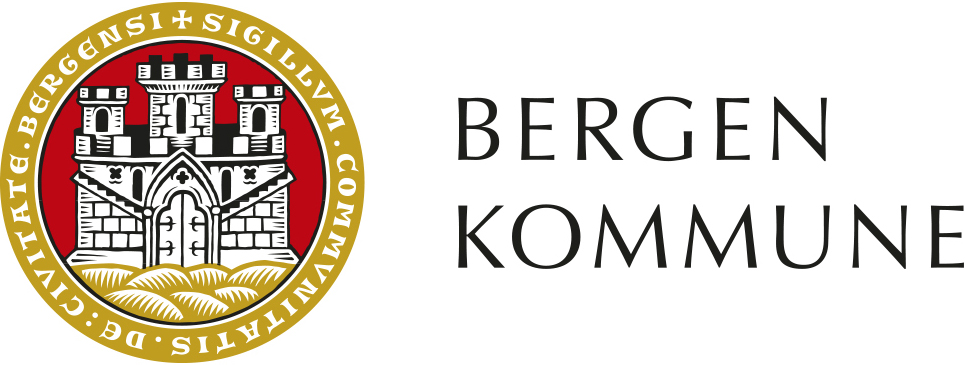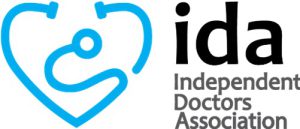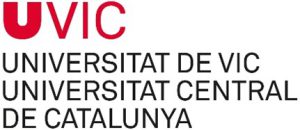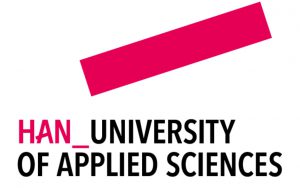Digital Exhibition We are thrilled to announce that the PREP IP photovoice digital exhibition, “Through Our Eyes: Stories in Exile”, is live on our project website. This unique exhibition showcases the powerful photo-narratives created by refugees from many different countries who settled in Germany, Ireland, Norway and Spain. It offers us unique insights into their […]
Self-paced online course Interprofessional approach to refugee health
Register now, study at your own time and pace Today we have opened the PREP IP online course for sign-up. This time we are offering a self-paced version of the course. This means that there will be no live sessions, no pre-determined schedule, no weekly deadlines. The course will be open for the next six […]
Read More… from Self-paced online course Interprofessional approach to refugee health
Registration opens for the final PREP IP forum
Refugees Welcome: Learning Together 25 September 2024 at 8:30 – 15:00 Landåssvingen 15, Bergen We are thrilled to invite you to the “Refugees Welcome: Learning Together” event, taking place on September 25, 2024, in Bergen. This event is hosted by the Centre for Migration Health, Bergen Kommune, and Western Norway University of Applied Sciences. Event […]
Read More… from Registration opens for the final PREP IP forum
PREP IP Framework
Interprofessional Framework for Action on Online Education of Health Professionals Working with Refugees The updated version of the PREP IP Framework is now available on our website. The main purpose of this document is the development of an interprofessional framework which, first, provides an understanding of how to create content relevant for the interprofessional education […]
PREP IP Online Course Available in Canvas Commons
We are excited to announce the our online course Interprofessional approach to refugee health is now available on Canvas Commons. This course aims to provide educators and learners with a comprehensive resource for understanding and addressing the unique healthcare needs of refugee populations. It examines interprofessional approaches to refugee health, by focusing on health and […]
Read More… from PREP IP Online Course Available in Canvas Commons
Interprofessional approach to refugee health: online course
Register for the upcoming free course Persons with Refugee Experience Education Project – Interprofessional (PREP IP) is offering the updated version of the online course Interprofessional approach to refugee health in the period from 16 October to 24 November, 2023. In this free six-week course learners examine interprofessional approach to refugee health, by focusing on […]
Read More… from Interprofessional approach to refugee health: online course
2nd PREP IP Forum: Interprofessional Approach to Refugee Health
14 June 2023, 9.30 to 13.00 (IST) at Trinity College Dublin and online Persons with Refugee Experience Education Project – Interprofessional (PREP IP) is organizing 2nd PREP IP Forum. This hybrid conference will be held on 14th June 2023 from 9:30 to 13:00 pm (Dublin time) on campus of Trinity College Dublin and online. Registration […]
Read More… from 2nd PREP IP Forum: Interprofessional Approach to Refugee Health
Registration open for the new online course Interprofessional approach to refugee health
Online course (April 11 – June 19, 2023) Delivered by partners in the Erasmus+ Persons with Refugee Experience Education Project – Interprofessional (PREP IP) In this free online 10-week course learners examine interprofessional approach to refugee health, by focusing on health and rehabilitation challenges caused by forced migrations globally. The course reviews health, political, environmental, […]
Putting care back to healthcare for refugees
Webinar – 7 December 2022 12.00 – 13.00 CET (Bergen/Oslo time) Join us in the discussion on interprofessional healthcare for refugees by exploring what we know about it, how we do it and what else we need to know and do to put CARE back to healthcare for refugees. We will share what we have […]
Read More… from Putting care back to healthcare for refugees
1st PREP IP Forum
Hosted by HAWK University of Applied Sciences and Arts, Hildesheim Reflections On Tuesday May 24 2022 the multiplier event took place – the first Persons with Refugee Experience Education Project – Interprofessional (PREP IP) Forum titled „Making the connection: refugee health, health practitioners and competency building“. The purpose of the forum was to disseminate the […]







